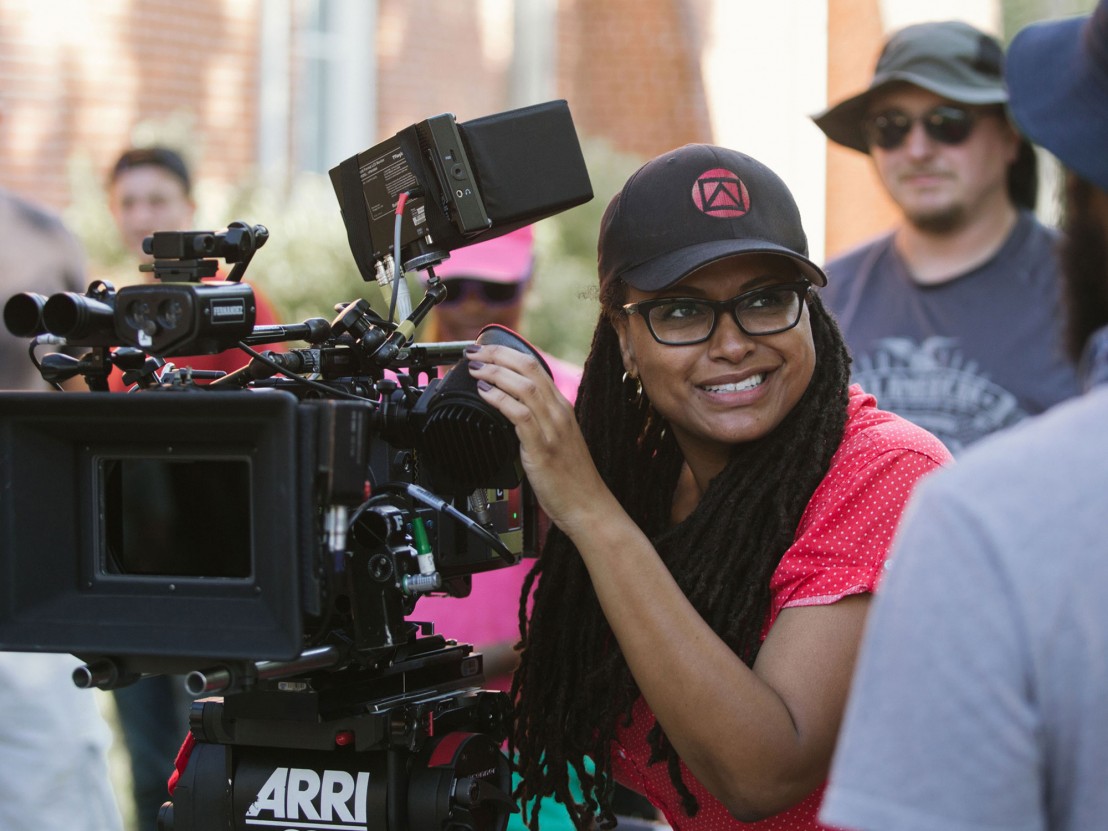
Last night, Ava DuVernay took to Twitter to sound off against what she perceived as a misstep in the Academy of Motion Picture Arts and Sciences’ selection process. The AMPAS selection committee responsible for sifting through the many submissions for the newly-renamed Best International Feature Film prize (formerly the Best Foreign Language Film) decided that Nigeria’s submission Lionheart would not be eligible for consideration, and DuVernay offered the following response:
To @TheAcademy, You disqualified Nigeria’s first-ever submission for Best International Feature because its in English. But English is the official language of Nigeria. Are you barring this country from ever competing for an Oscar in its official language? https://t.co/X3EGb01tPF
— Ava DuVernay (@ava) November 4, 2019
As her post mentions and the linked article on The Wrap explains more fully, Lionheart contains scenes in the African language of Igbo, and yet the majority of dialogue in the film happens to be in the official national tongue of English. Films with more than 50% of dialogue in English cannot be nominated for the award, hence the category’s previous name of Foreign Language Film, implicitly ethnocentric as it may have been.
DuVernay’s point — that this is a Nigerian movie through and through, as “International” as anything else in contention for the shortlist — raises a curious quandary. If Lionheart were to be deemed fair game on the sole basis that it comes to America from lands abroad, that would open the floodgates of precedent.
If an American director procures some European money and makes an English-language film at a French studio, to what extent is that an “International” film? (Take the Grand Budapest Hotel, for instance, a co-production between Hollywood, the UK, and Germany. Or, to up the stakes a bit, the recent cinema of Woody Allen.) And then there’s the flip side, concerning American-produced films in a non-English language, currently ineligible — where would this leave them? (Ponder the example of Menashe, an all-Yiddish film shot in Brooklyn’s Borough Park neighborhood.)
The current protocol is flawed, clearly, but it may be the simplest and fairest we’ve got. It allows for diversity without gaming of the system, and requires Britain, Australia, Canada and other English-speaking territories to promote a multiplicity of voices. Look to the case of this year’s British submission, Chiwetel Ejiofor’s directorial debut The Boy Who Harnessed the Wind. Born in London, a native speaker of English shooting predominantly in Chichewa, he nonetheless makes Britain’s national cinema fuller by revealing the roots of its immigrant population. It’s just one small part of a collective effort to establish a rich, lively, and most importantly varied global cinema culture.
Published 5 Nov 2019

By Beth Webb
By denying the winners airtime, these major events are discrediting those at the very heart of the craft.

By Tom Williams
Kelly Mantle makes Oscars history in victory for the trans community.

Awards screeners will be available to view online, drastically changing the physics of voting.